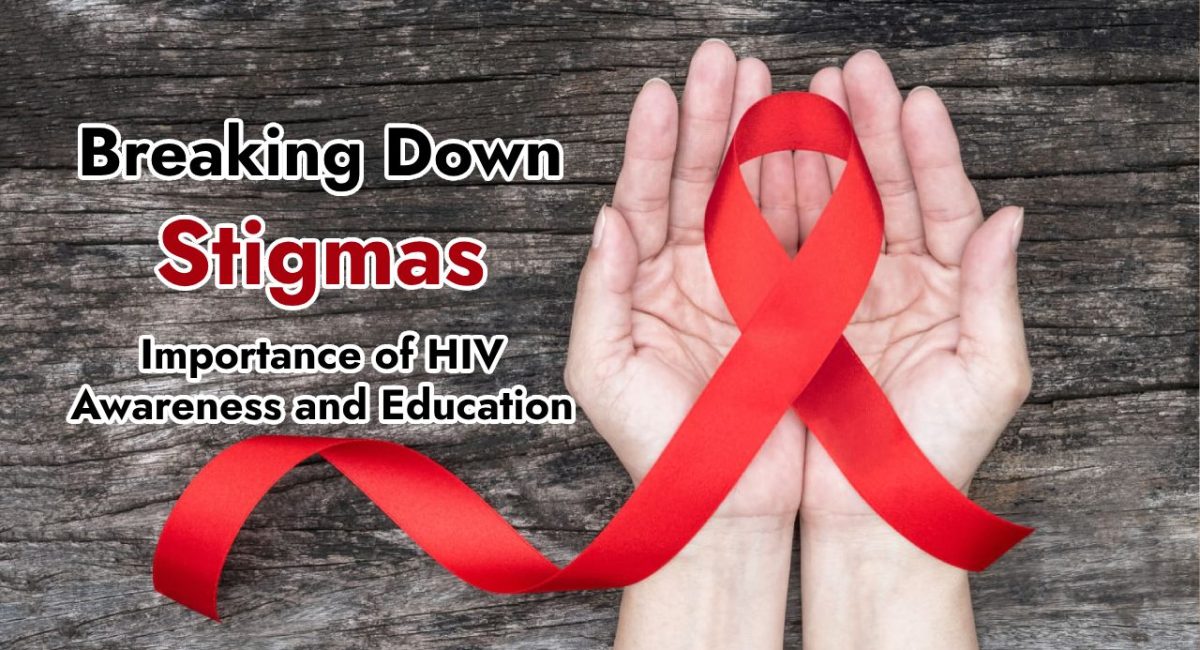Stigmas surrounding Infectious Diseases persist despite decades of progress in understanding the virus and improving treatment options. These stigmas not only affect individuals living with Infectious Diseases but also hinder efforts to prevent new infections and provide adequate support and care. In this article, we explore the significance of Infectious Diseases awareness and education in breaking down these stigmas and creating a more supportive and inclusive society.
The Impact of Stigma:
Stigma associated with Infectious Diseases stems from fear, misinformation, and discrimination. People living with Infectious Diseases often face prejudice, social exclusion, and even violence due to misconceptions about how the virus is transmitted. This stigma can have profound effects on individuals’ mental health, relationships, and access to healthcare, leading to delayed diagnosis, reluctance to seek treatment, and poor health outcomes.
The Role of Awareness and Education:
- Dispelling Myths: Education is key to dispelling myths and misconceptions about Infectious Diseases. By providing accurate information about how the virus is transmitted (and not transmitted), the effectiveness of treatment, and the realities of living with Infectious Diseases, we can challenge fear and stigma.
- Promoting Empathy and Understanding: Increasing awareness about the experiences of people living with Infectious Diseases helps foster empathy and understanding within communities. Personal stories and testimonials can humanize the issue, encouraging compassion and support rather than judgment and discrimination.
- Encouraging Testing and Treatment: Fear of stigma often prevents people from getting tested for Infectious Diseases or accessing treatment and support services. By promoting Infectious Diseases testing as a routine part of healthcare and ensuring confidentiality and non-discrimination in healthcare settings, we can encourage early diagnosis and prompt treatment initiation.
- Empowering Advocacy: Infectious Diseases awareness and education empower individuals and communities to advocate for policies and programs that protect the rights and dignity of people living with Infectious Diseases. This includes advocating for comprehensive sex education, access to affordable healthcare, and laws that prevent discrimination based on Infectious Diseases status.
Challenging Stigma on Multiple Fronts:
- Media and Entertainment: Media plays a powerful role in shaping perceptions and attitudes toward Infectious Diseases. By portraying accurate and diverse representations of people living with Infectious Diseases in media and entertainment, we can challenge stereotypes and reduce stigma.
- Community Engagement: Community-based organizations, support groups, and grassroots initiatives play a vital role in providing support, advocacy, and education within communities. By engaging with local communities and tailoring interventions to their specific needs, we can address stigma more effectively.
- Global Solidarity: Infectious Diseases is a global issue that requires a coordinated response at the local, national, and international levels. By fostering global solidarity and collaboration, we can work together to combat stigma, reduce new infections, and ensure access to treatment and care for all.
Conclusion:
Breaking down stigmas associated with Infectious Diseases requires a concerted effort from individuals, communities, governments, and organizations worldwide. By increasing awareness, promoting education, and fostering empathy and understanding, we can create a more supportive and inclusive environment where all individuals, regardless of Infectious Diseases status, are treated with dignity, respect, and compassion.



